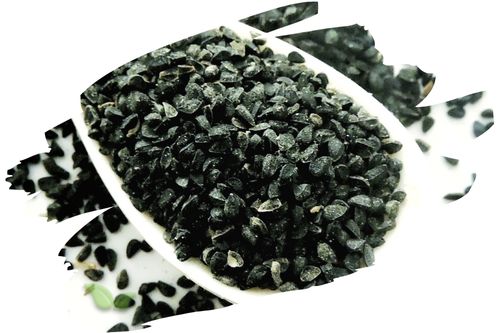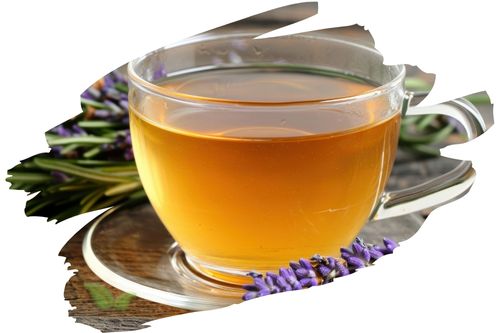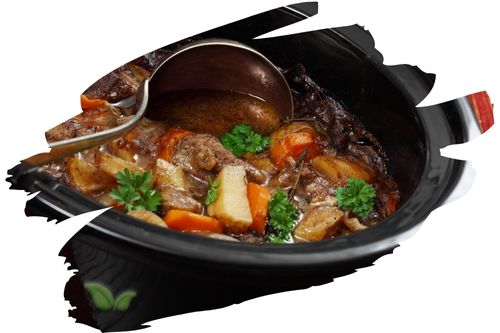
Introduction
Lavender, scientifically known as Lavandula, is a flowering plant renowned for its enchanting fragrance and versatile properties. While most people are familiar with its calming scent, the history and origins of lavender are less well-known. In this article, we aim to shed light on the captivating journey of this beloved herb.
The Early Beginnings
Lavender's story begins in the cradle of civilization itself - the Mediterranean region. Dating back over 2,500 years, lavender was cherished by ancient civilizations like the Egyptians, Romans, and Greeks. They used it not only for its aromatic qualities but also for its medicinal properties. Lavender was believed to have healing powers, and it was often used in ancient remedies and rituals.
Lavender in Ancient Egypt
In ancient Egypt, lavender played a significant role in the embalming process. Its purifying scent was thought to help guide the souls of the departed to the afterlife. This demonstrates the deep spiritual connection that lavender held in the culture of that era.
Lavender in Ancient Rome
The Romans were enamored with lavender, using it not only in perfumes and bathwater but also for medicinal purposes. They recognized its antiseptic and healing properties, employing it to treat wounds and various ailments.
The Lavender Renaissance
As time passed, lavender's popularity spread across Europe. It became a staple in European gardens, admired for its beauty and fragrance. During the Renaissance period, lavender experienced a resurgence in interest. It was cultivated in monastic gardens and used in medicinal tinctures and perfumes.
Lavender's Journey to the New World
With the exploration of the New World, lavender found its way to North America. Settlers brought lavender seeds with them, ensuring that this aromatic herb would leave its mark on the American continent.
Modern Lavender Cultivation
Today, lavender is cultivated worldwide, with regions like Provence in France and the Pacific Northwest in the United States being famous for their lavender fields. It's used in various products, including essential oils, soaps, and sachets. The lavender industry has blossomed, and its demand continues to grow.
The Many Uses of Lavender
Beyond its delightful scent, lavender has a myriad of uses. It is employed in aromatherapy to reduce stress and anxiety, promotes better sleep, and alleviates headaches. Lavender oil is also used topically for its anti-inflammatory properties.
FAQs (Frequently Asked Questions)
Q: Can lavender be grown at home? A: Absolutely! Lavender is a versatile plant that can thrive in home gardens. Just ensure it receives plenty of sunlight and well-drained soil.
Q: What are the different lavender varieties? A: Lavender comes in various species and cultivars, such as Lavandula angustifolia, Lavandula stoechas, and Lavandula intermedia.
Q: How is lavender oil extracted? A: Lavender oil is typically extracted through steam distillation of the plant's flowers.
Q: Is lavender safe for pets? A: While lavender is generally safe, some pets may be sensitive to its scent. It's best to consult with a veterinarian.
Q: Can lavender help with insomnia? A: Yes, many people find lavender's scent to be soothing and helpful in promoting better sleep.
Q: Are there culinary uses for lavender? A: Lavender can be used sparingly in culinary dishes, particularly in desserts and beverages, to add a unique flavor.
Conclusion
In conclusion, "The history and origins of lavender. do not give health benefits" are a testament to the enduring allure of this fragrant herb. From its roots in ancient civilizations to its modern-day applications, lavender continues to captivate and soothe the senses. Whether you're looking to enhance your well-being or simply appreciate its beauty, lavender remains a beloved and cherished plant.
Alert: While spices can have many beneficial properties for health, using them for medical purposes should be done under the guidance and supervision of a healthcare professional or specialist. Some spices may interact with medications or cause adverse reactions in certain individuals, and it is important to use them safely and appropriately. If you are considering using spices for a medical condition, it is important to consult with a healthcare professional before doing so.




















































